Many states and municipalities, especially Illinois and Chicago, face huge public pension obligations and other spending commitments. The problem is all the more acute because the locales are already carrying substantial debt. Against this backdrop, two Nobel-winning University of Chicago economists recently brought together experts in the field to explore the crisis.
The event was part of the University of Chicago Policy Forum, a series created by Profs. Lars Peter Hansen and James Heckman to discuss economic policy with top scholars from around the world in a rigorous, UChicago-style debate.
The most recent event included comments from C. Eugene Steuerle of the Urban Institute, Carol Portman of the Taxpayers’ Federation of Illinois and Byron Lutz of the board of governors of the Federal Reserve System; Hansen then moderated a debate with Heckman, Prof. Edward Glaeser of Harvard University and Prof. Joshua Rauh of Stanford University.
The discussion explored a wide range of political and economic challenges facing cities and states limited by mandated social entitlement and pension commitments. The audience participated by proposing questions to panelists, along with extemporary remarks. All participants emerged with a deeper understanding of the problems and possibilities and an appreciation for the Chicago tradition of using rigorous thinking and hard evidence to probe important social problems.
The event, held Nov. 8 at Swift Hall, was part of a forum series co-organized by Hansen’s Macro Finance Research Program and Heckman’s Center for the Economics of Human Development.
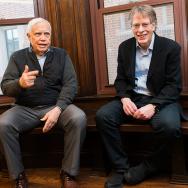
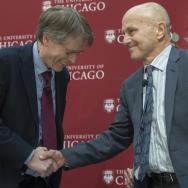
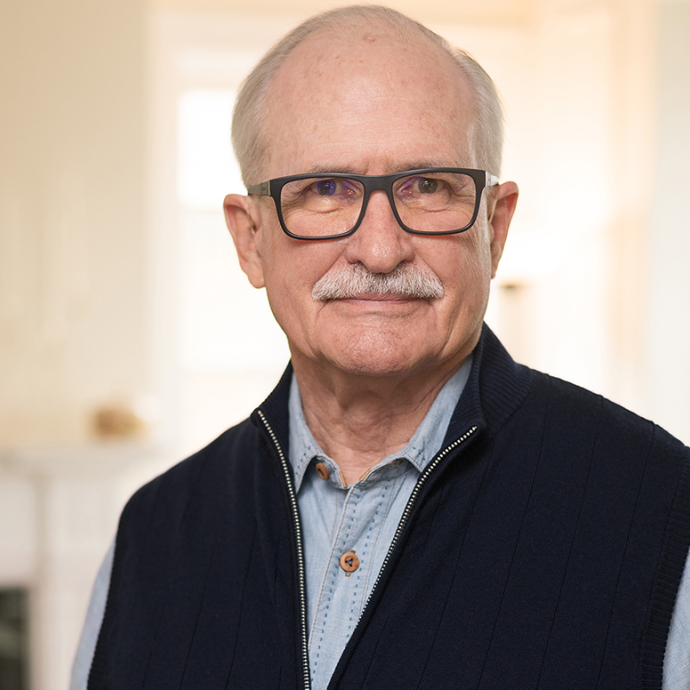
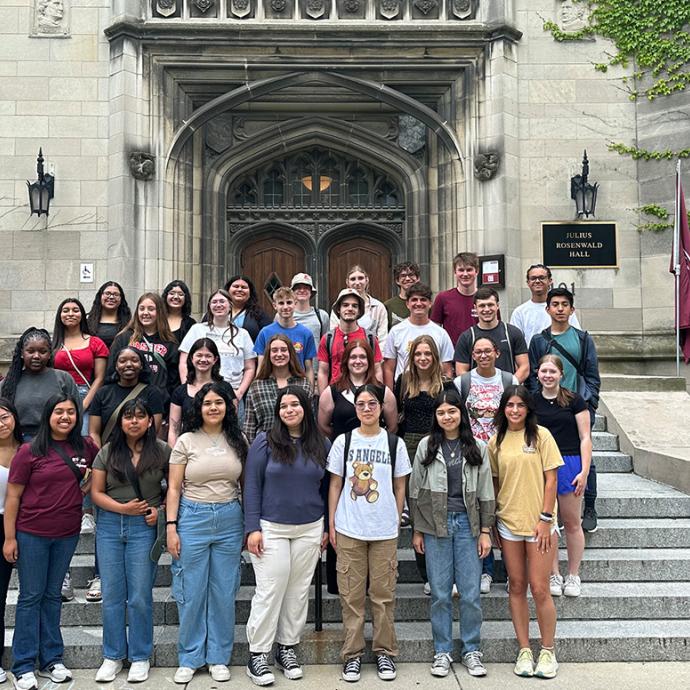
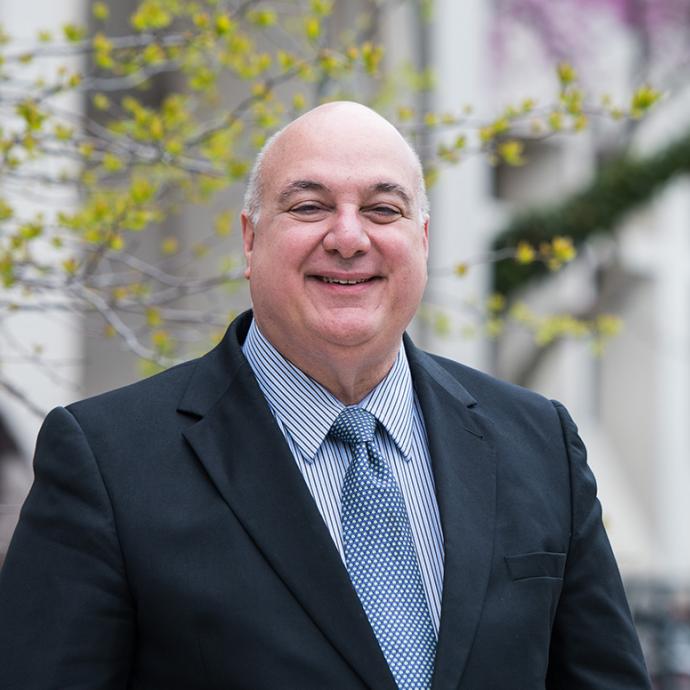




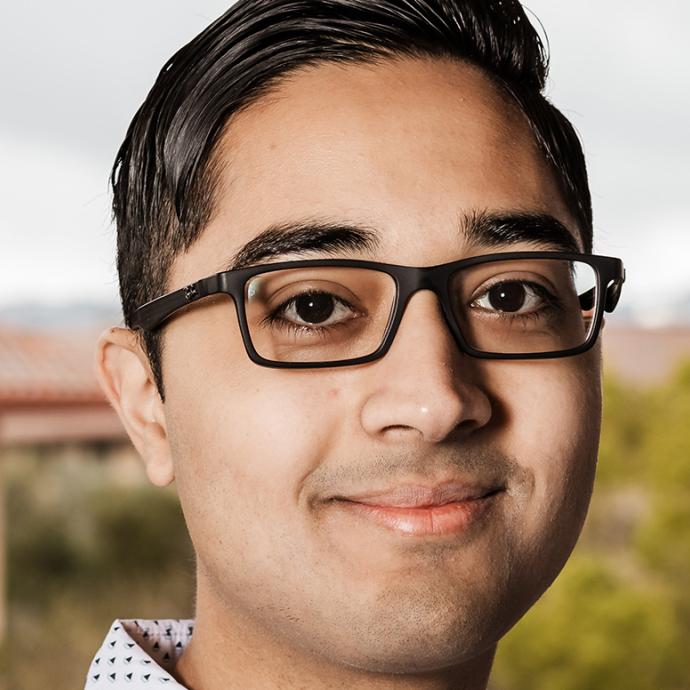
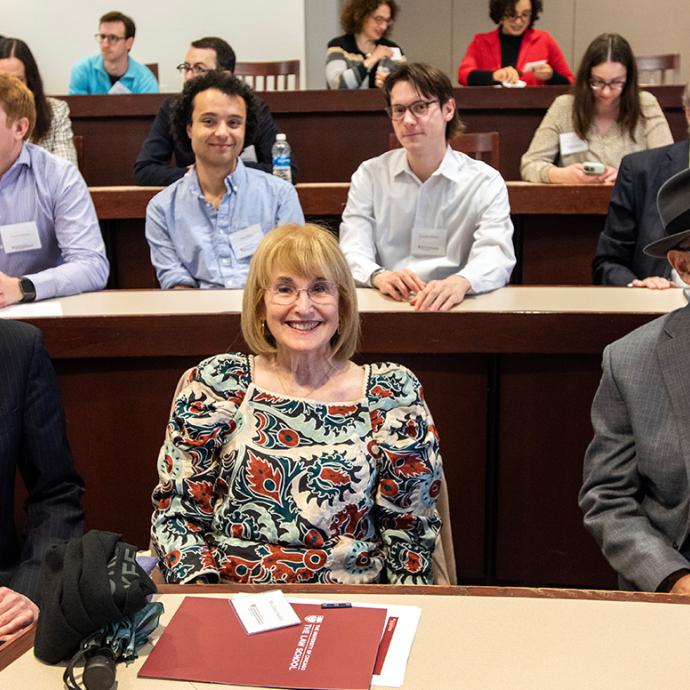
 —Prof. Chuan He
—Prof. Chuan He
